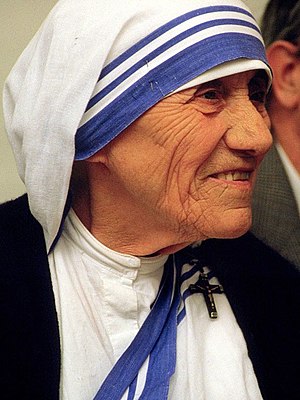Editor’s Note: Contributor Christine Moughamian is blogging each day of Lent about her progress becoming “one brave Christian.” Follow her experiment on Twitter @1bravechristian.
 By Contributor Christine Moughamian
By Contributor Christine Moughamian
“A goal is a dream with a deadline.”
I saw that affirmation yesterday, written on the North State Storage billboard. I was driving back from Carolina Beach, pondering the topic for today’s post. I’d already addressed two aspects of Sam Teague’s program: schedule and service.
“How about goals?” I thought to myself.
“A goal is a dream with a deadline,” the billboard answered.
The synchronicity was magical.
During my brave Christian meditation this morning, I considered what I’d written down “to build and develop my life.” Just like in construction, you start from the foundation and you build your way up stone by stone. In the same way, I wanted to find a strong spiritual foundation in my life.
– Foundation: integrity.
– First stone: Truth.
“What is the second stone?” I asked myself.
“Dedication,” I heard.
I wrote down: “Second stone: dedication.”
Then I prayed for today’s post: “Please, God, write it for me. It’s much easier that way.”
By then, I was done with Teague’s early morning practice. I closed his booklet, sat cross-legged, spine erect, thumbs and index fingers touching. I focused my eyes on a candle-flame for the type of meditation that works best for me: one-pointed mind concentration.
Then I repeated my mantra, a loose translation I did of the “Bhagavad Gita” chapter 6, verse 19.
“Such as the flame of a candle in a windless place, so too, the mind of the Yogini does not waiver but remains steady on the transcendental self.”
When I shared it with my mother a while back, she said to me: “Isn’t it a bit long for a mantra?”
“Yes,” I said, “but that’s what it takes to keep me focused.”
This morning, I didn’t have to stay focused too long before I was flooded with images for “dedication,” my second building stone.
A street sign I saw off Carolina Beach Road flashed into my mind: “Rosa Parks Ln.” I couldn’t help but think of the courageous black woman who stood her ground on a segregated bus. With her strong yet simple stance, Rosa Parks started the civil rights movement of the sixties.
I thought it a shame our community’s tribute for such a dedicated activist is but a short dirt road.
From Rosa Parks Lane, my mind jumped to Martin Luther King Parkway. On the last day of Black History month, I heard the leader’s voice loud and clear:
“I have a dream…”
Rev. King was another citizen dedicated to his vision who did not set out to start a revolution but to build his life one stone at a time.
Finally, the ultimate example of dedication came to me with a line from
“We cannot do great things. We can only do small things with great love.”
“I have a dream,” I thought to myself. “And it has a deadline.”
I opened my eyes, wrote in my booklet:
“Today, I dedicate myself to inspire people to greatness by writing with great love!”









